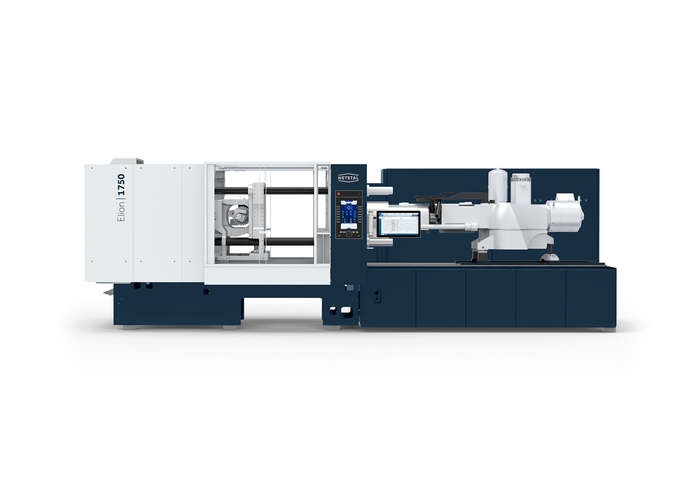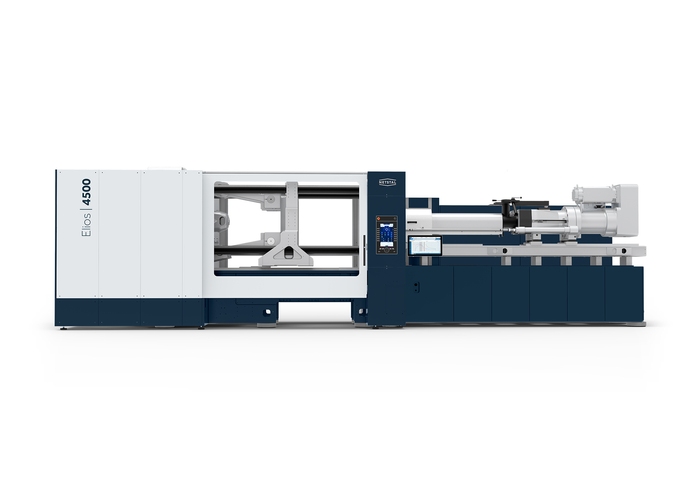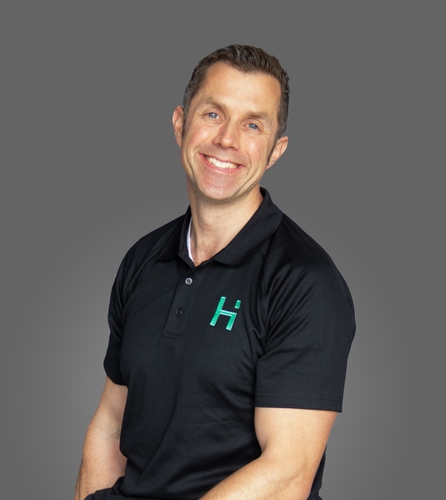Nakamura-Tome NT-Flex: Powerful, multitasking CNC lathe
Nakamura-Tome NT-Flex: Compact multitasking CNC lathe delivering power, precision, and flexibility for modern manufacturing needs.
Welcome to Headland Technology Client log in
Whether you’re after a machine, spare part, power tool, or need to book a service call Headland will help you find the right solution in a timely manner.
Fill out the form below and the relevant expert will be in touch with you shortly.
Sustainability trends food and beverage industry driving thin-wall packaging demand as consumers become increasingly environmentally conscious. Thin wall packaging offers a promising solution for packaging manufacturers/companies to demonstrate their commitment to sustainability. Thin wall packaging also known as lightweight or slim packaging, is an important innovation for companies looking to reduce their environmental impact. By using less material to create packaging – thinner plastics, lighter paperboard, etc. – brands can significantly cut down on raw materials required, energy and emissions from transportation, and waste sent to landfills.
Key challenges in thin wall packaging manufacturing in Australia and New Zealand include global competition, limited economies of scale, access to raw materials, and investment needs. Local manufacturers face tough competition from low-cost imported packaging, making it difficult to compete on price due to higher operating costs and labour rates.
The relatively small manufacturing volumes hinder the ability to achieve economies of scale and benefit from automation. Importing packaging materials increases lead times and costs, while fluctuating exchange rates impact profit margins. Investing in state-of-the-art equipment and tooling is necessary to meet fast-changing technologies and sustainability demands. Not all local players have the resources for such investments.
To address these production challenges, Netstal combines globally recognised expertise, practical application knowledge, and cutting-edge technologies into intelligent solutions tailored to customer needs. Netstal unveils a thin-wall cup design that could revolutionise sustainable packaging. This lightweight cup made entirely of recyclable polypropylene (PP) plastic showcases cutting-edge injection compression moulding technology to reduce waste.
Weighing in at just 5.4g with walls a mere 0.3mm thick, these cups can hold an impressive 200g of liquid. The separate PP label peels off cleanly during recycling, unlike conventional in-mould labels, ensuring no contamination of the pure PP stream. Using injection compression moulding alone slashes the cup’s weight by a third. Combining this process with clever product design shrinks packaging volume by over 25% – a major bonus for sustainability.
A comparison between ICM (Injection Compression Moulding) and standard injection moulding of 200g cups reveals significant improvements. Cycle time decreased by 14%, boosting efficiency. Plastic usage dropped by 34%, enhancing sustainability, and parts per packaging unit increased by 27%, boosting productivity. CO2 equivalents were reduced by 33%, aligning with greener manufacturing.
Compared to thermoforming cups with cardboard sleeves, ICM offers several advantages. Plastic consumption decreased by 20% for both cups without labels. The labelled ICM cup weighed 40% less than the thermoformed cup, with weights of 5.96g and 9.87g, respectively. This weight reduction not only minimised plastic usage but also enhanced production efficiency. Power consumption per kg of material throughput was approximately 22% lower, resulting in energy savings. Additionally, the ICM process enabled a remarkable 150% increase in parts per packaging unit and reduced CO2 equivalents by 28%, highlighting its environmental benefits.
ICM’s one-step process is a key advantage. The finished labelled cup is directly produced from the injection moulding machine, eliminating additional steps and ensuring a more efficient production line. Overall, the comparison underscores ICM’s benefits: reduced cycle time, plastic consumption, increased productivity, lower power usage, and environmental impact.
Netstal’s Elios and Elion series machines allow you to process recycling-friendly PET just as easily as conventional materials, recyclates and bioplastics.
Your benefits in a nutshell
At Headland Technology, we specialise in enabling superior thin-wall packaging solutions using Netstal’s cutting-edge technology. As the exclusive distributor of Netstal equipment in Australia and New Zealand, Headland is your go-to partner for achieving industry-leading packaging results that support sustainability objectives.
Whether you need high-speed, high-precision thin wall production of containers, cups, lids or other packaging components, Headland can provide the ideal Netstal system along with unparalleled expertise and support.
Contact our experts today to learn about Netstal’s injection moulding technology options and how we can help you meet your sustainability goals while maintaining product integrity.
Whether you’re after a machine, spare part, power tool, or need to book a service call Headland will help you find the right solution in a timely manner.
Fill out the form below and the relevant expert will be in touch with you shortly.
The most crucial features of the Elion series are its speed, accuracy, dependability, user-friendliness, and operational efficiency. “Low energy, high performance” is our motto.
Strong, quick, accurate, energy-saving, and user-focused: The Elios Series creates new standards for high-performance injection moulding with its cutting-edge drive technology.


